-
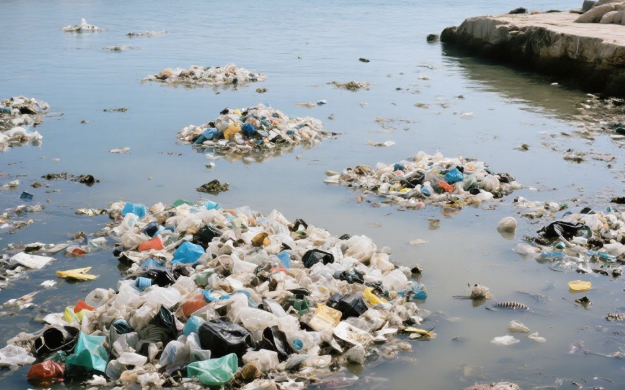
Plastic pollution in Mediterranean tops global list
According to a new WWF report, 80% of marine litter in the Mediterranean Sea consists of plastics, and microplastic concentrations are three times higher than the global average. According to the Italian Institute for Environmental Protection (IEP), 86% of the waste on the seabed is related to fishing activities, and microplastics generated by the degradation…
-
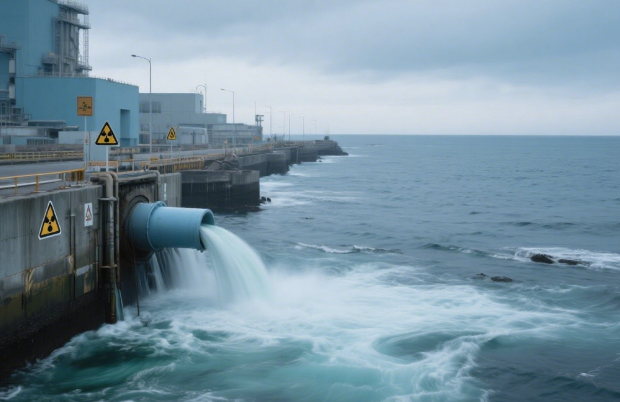
Japan’s Seventh Round of Nuclear Effluent Discharge Causes Global Controversy
On June 29, Japan launched the seventh round of Fukushima nuclear sewage discharge, discharging about 7,800 tons and accumulating more than 46,800 tons. The discharge contains more than 60 types of radioactive substances such as tritium and carbon-14, and modeling shows that it will affect the East China Sea within 240 days, posing a long-term…
-
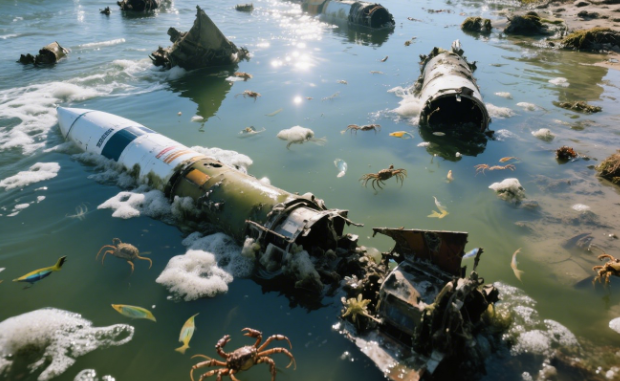
Mexico Files Lawsuit Over SpaceX Rocket Debris Pollution
Mexican President Claudia Zinbaum announced on June 25 that she would investigate and consider filing a lawsuit under international law over the debris from the U.S.-based SpaceX Starship rocket that landed off the coast of the northeastern state of Tamaulipas, which was approved by the U.S. Federal Aviation Administration in May to increase the number…
-
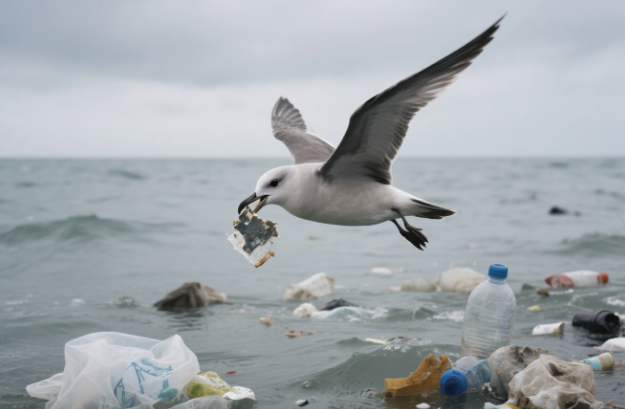
Remote island in ecological emergency as plastic pollution continues to spread
A record amount of plastic waste was recently found in the body of a pallid shearwater, a seabird, on Australia’s Lord Howe Island. Scientists detected 778 pieces of plastic in the stomach of a chick, including bottle caps and pieces of cutlery, and the sound of plastic being rubbed together was clearly audible. The phenomenon…
-
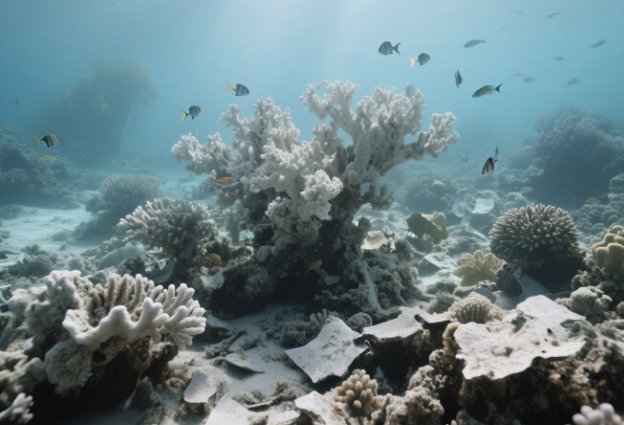
Deep-sea ecosystems on brink of collapse as ocean acidification breaches safety thresholds
Recent studies show that global ocean acidification has exceeded the “planetary boundary” – surface seawater aragonite saturation has dropped by 20% compared to pre-industrial times, and 60% of deeper seawater (below 200 meters) has exceeded the acidification level. Deep-sea coral reefs, shellfish and other calcifying organisms face an existential crisis, for example, oyster shells are…
-
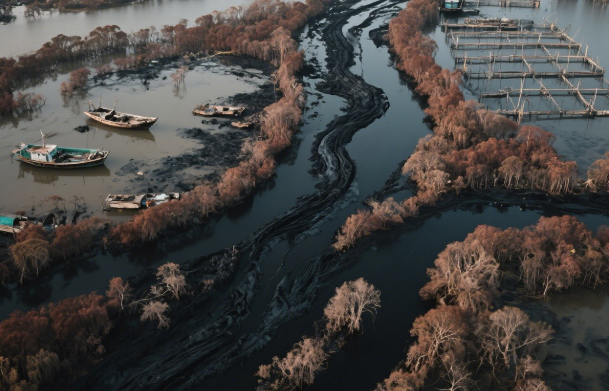
Niger Delta crude oil spill continues to worsen
The environmental catastrophe caused by oil extraction in Nigeria’s Niger Delta region continues, with cumulative spills of 13 million barrels of crude oil largely paralyzing mangrove forests and fishing grounds. Despite the government’s commitment to ecological restoration, Shell is delaying cleanup on the grounds of “safety risks,” oil theft is rampant, and young people are…
-
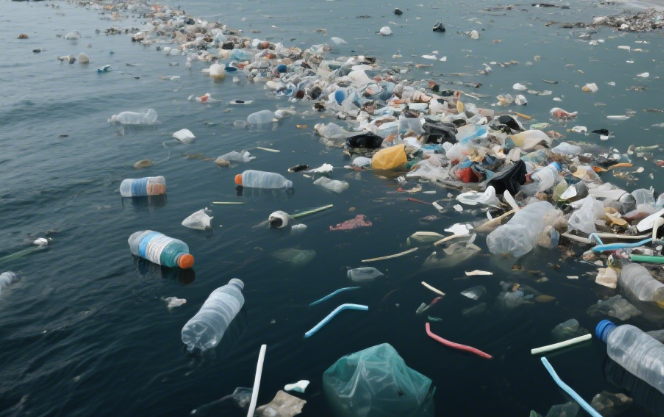
Plastic Pollution Crisis Escalates in the Mediterranean
According to a report released by the World Wide Fund for Nature (WWF), 80% of marine litter in the Mediterranean Sea consists of plastic debris, more than half of which consists of single-use plastic products. The Mediterranean Sea has become one of the most seriously polluted areas in the world by microplastics, which are enriched…
-
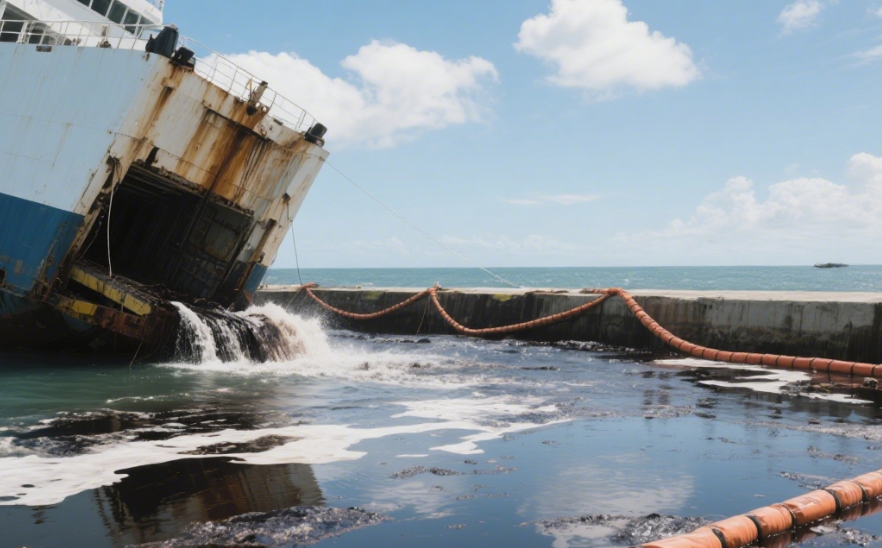
South Pacific: Fiji ro-ro ship sinking causes diesel spill
A ro-ro vessel in the port of Suva, Fiji, suddenly capsized and partially sank during towing, resulting in a diesel fuel spill. Although the authorities quickly set up oil booms, the diesel oil still formed a sheen and spread to the surrounding waters. The vessel, which had been moored at the wharf for an extended…
-
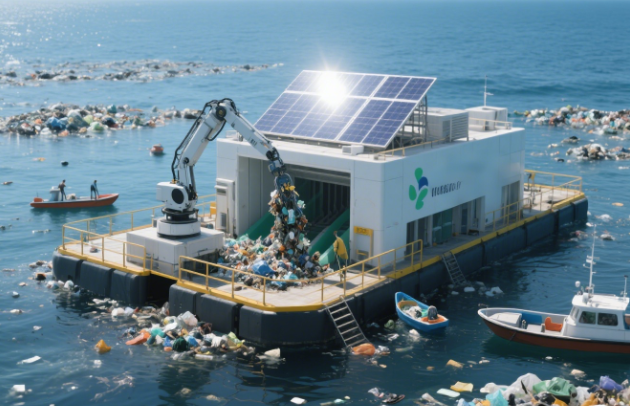
Technological breakthroughs in the treatment of marine plastics
The world’s first floating island-type marine garbage disposal station “Clean Sea One” was designed by the international environmental organization “Blue Future” in cooperation with research teams from China, the United States, the Philippines and Indonesia, with China providing the core technology, the Philippines and Indonesia responsible for the construction of the garbage collection network, and…
-
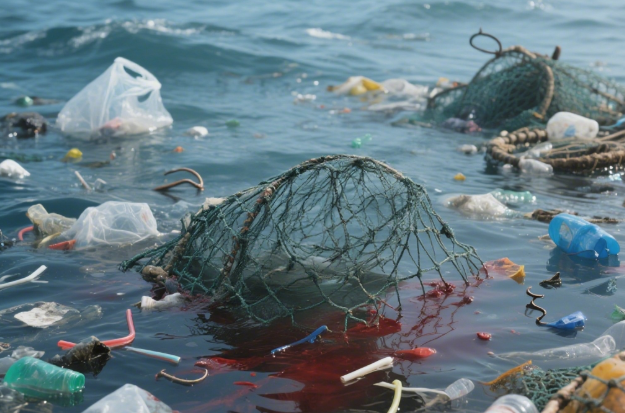
Brazilian Fishing Gear Pollution Reaches 580 Kilograms Per Day
According to a new report by the World Society for the Protection of Animals (WSPA), 580 kilograms of derelict fishing gear are generated in Brazilian waters every day, accounting for 10 percent of all marine plastic pollution. Trawls, hooks and other debris cause fish to be injured or suffocate, and threaten endangered species. According to…